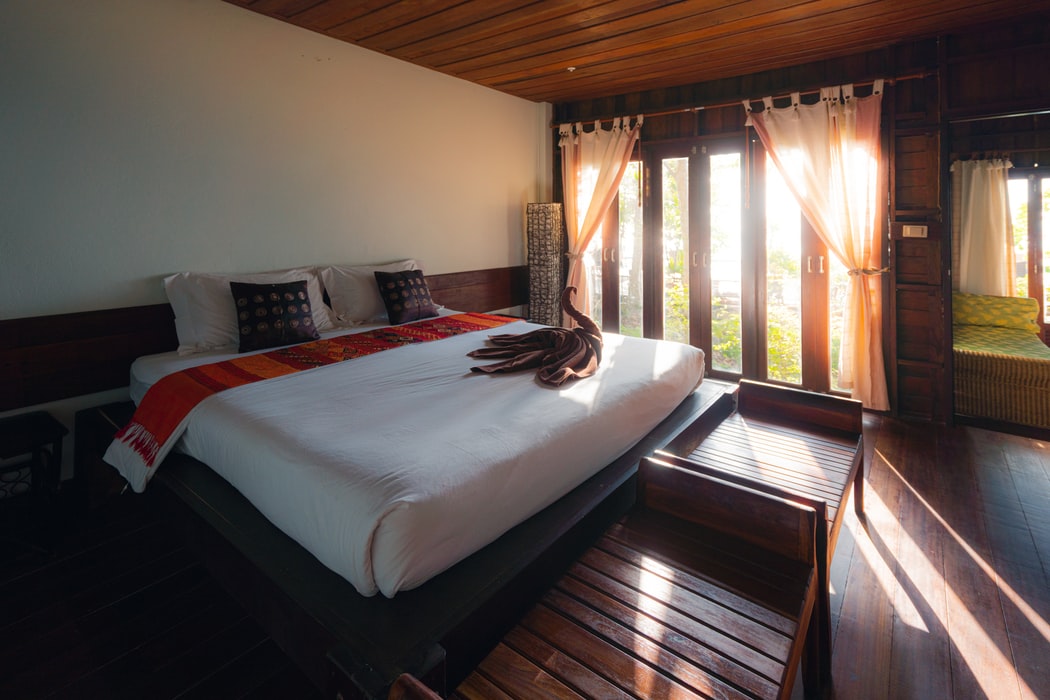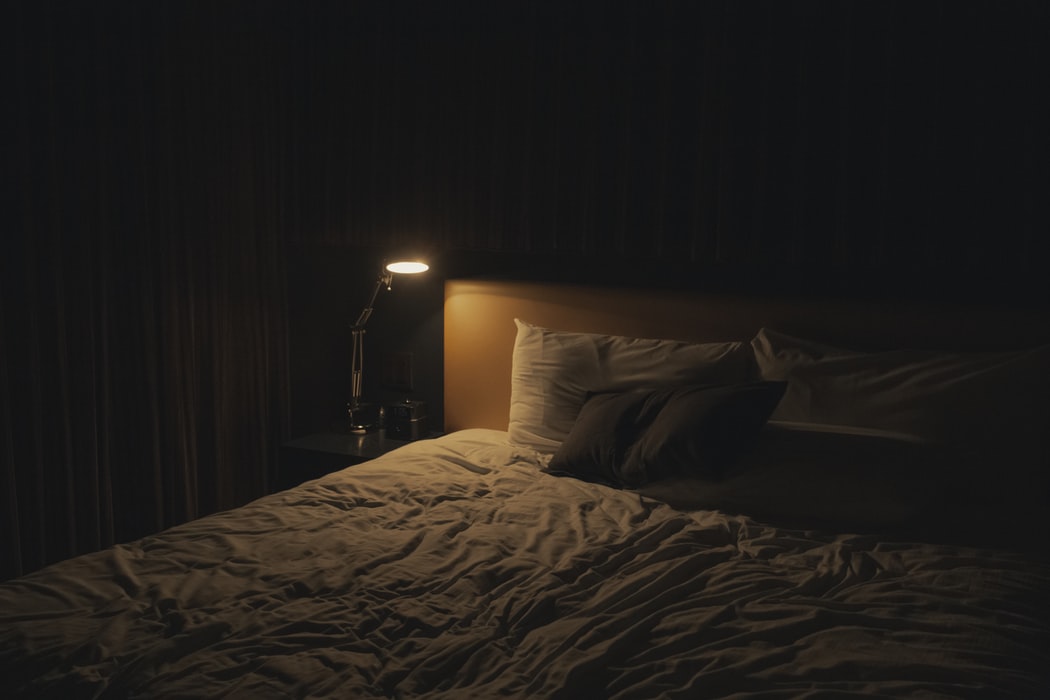What is a hostel
Hostel is a budget hotel with common areas: kitchen, living room, laundry room, as well as a place for breakfast. This accommodation format appeared in Europe in the early XX century. As you can guess, it is based on the concept of student hostels and campuses, where people not only live but also socialize.
Many travelers choose hostels not only because of the attractive price, but also because of cosmopolitanism: you can play Mortal Combat with Australians, pick up a slang, chatting with Americans, finally cook the right pasta with the Italians or find a compatriot and go with them to all the tricks.
About the history of the hostel
The prototype of the hostel appeared in Germany in 1909. Richard Schirmann, a teacher, took his students to town on weekends. Children were from poor families and could not pay for the night in hotels, so they had to sleep at the schools, which were just empty on weekends. So Schirmann came up with the concept of a hostel, a budget accommodation for young people in a dormitory format. The first hostel was founded in Altena Castle and still exists today.

Features of the hostel
Kitchen and laundry room
Even though there isn’t much space in the common rooms, you can prepare meals and do laundry for free, which significantly reduces your daily expenses. And let’s be honest: you need the roof over your head when you travel, mainly to recharge your batteries (literally and figuratively).
Living rooms and lounges.
The kitchen and laundry aren’t everything, of course. Many hostels have lounges or common living rooms. They are equipped in various ways: they collect a library or a DVD collection, hang darts, put table games at the heel, and sometimes set up an air hockey or a game console. And it’s all – that’s right! – for free.
Double rooms.
By the way, if you have a sensitive sleep, your own bathroom is still very much desired, as well as personal space to walk around naked – do not be in a hurry to give up the hostel. Many have double rooms (and some have family rooms and even studios).
Prejudices about hostels still exist. We will try to debunk them and give some sound advice on how to choose a hostel, what to be prepared for in advance, and how to behave during the stay.
Location
Usually, hostels are located near the main city arteries. But it’s still worth taking into account the location of the hostel when choosing one so that you don’t waste extra time walking through dark neighborhoods and taking the subway.
Choose your hostel location wisely. If you need to visit a museum in Minneapolis, choose a hostel close to the museum. If you need to get around as many places as possible, pick something neutral like a hostel near Mate Locksmith at 3740 N Pennsylvania St. If you want a quiet time, pick a hostel on the outskirts

Stereotypes
There is a perception that hostel is a kind of student dormitory, where noisy and dirty. In European hostels it is absolutely not so. Here, as a rule, not only clean but also safe. But the noise level is a matter of luck.
Communicability
This point follows from the previous one. The need to communicate with foreigners is almost everyone who stay in a hostel. And the very principle of living in a hostel involves openness to others. In the process of communication you can make friends from all over the world, and friendship with the staff will give a few bonuses in the form of useful information about the city and events in it.
Atmosphere
Hostel is not just a place where you can sleep inexpensively. It is a special youth atmosphere. You’ll understand what it’s all about if you come to the hostel in the evening, where everyone is having fun and socializing.
Reviews
Choose a hostel based on recommendations from friends or reviews on booking sites. Your friends won’t tell you anything bad, but the websites are more interesting. The rating of the hostel is compiled on the basis of the opinions of people who have been there. Among them there are “professional nerds” who never like nothing, and “complete optimists” for whom any place – heaven, if only one could sleep. The opinion of both of these, and others should be ignored. In general, the higher the rating, the better the hostel.
Booking
It is better to book a place in a hostel in advance – it will be cheaper. Although it might be so that the cool hostel will throw in the sale a couple of seats a day before your arrival.

Price
The hostel should be cheap – it’s an axiom. If some designer hostel offers accommodation for the price of a 4-star hotel – what’s the point? The price of accommodation in each hostel varies depending on the number of guests in the room. Some hostels charge extra for towels, linens, lockers, etc. If you feel sorry to spend extra money, you can take it all with you.
Wi-Fi
Wireless Internet is important – where to go without it! So it is worth asking about its availability in advance. Somewhere for the use of Wi-Fi you will have to pay separately, somewhere the network is free only in the lobby and the ideal situation is if you can use free Internet everywhere.